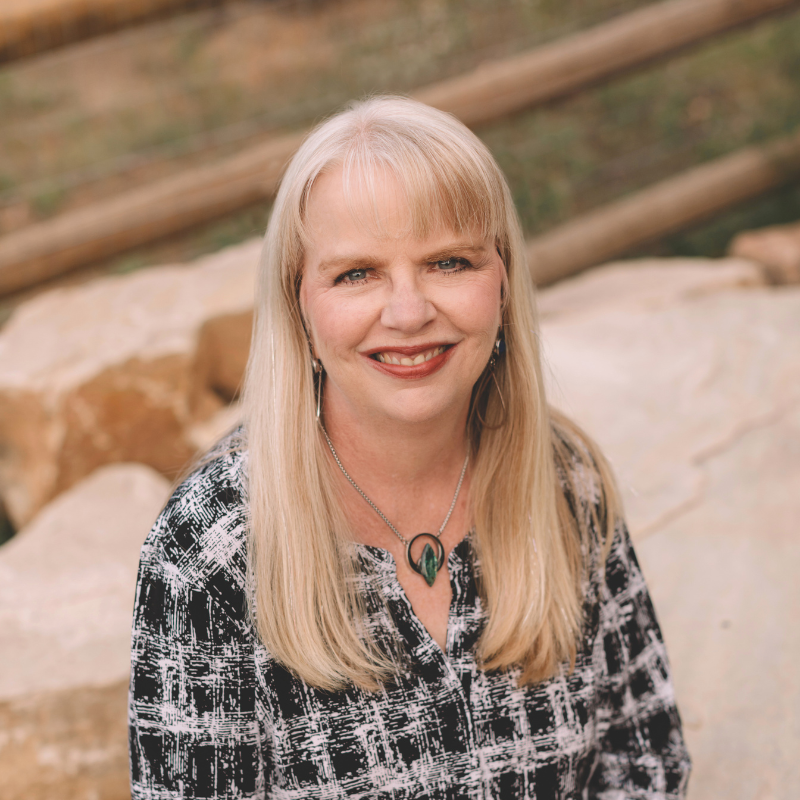Hey Wise Guys, I wanted to come in and answer some questions that I receive on a regular basis. The first one that I hear most often is how can I possibly budget because my income is irregular.
Well, the reality is many people have irregular incomes, whether it is because they are hourly or commission or get bonuses or have a business or just get paid back from something or sell a couch now and then or get a gift.
There are lots of ways where we have times that money comes in that we didn’t expect.
So, some tips that I’m going to give you hope that you can take away something here that will help you in your budgeting process.
First of all, I encourage you to kind of look at your income over the last maybe two or three months and you can go back as far as a year if it’s really that dramatic. But I would budget at least to the minimum And use your minimum dollar as your baseline budget for every paycheck.
If you happen to get paid weekly, you would want to lay yours out by every 52 weeks a year. If you’re bi-weekly, that’s 26 pay periods a year. But, you’re going to look at your month because of course many of our expenses are monthly, such as mortgage or cell phones or bills.
You want to think in terms of when does the money come in and when are those incomes going to be needed for certain bills? So, lay it out by paycheck, but also by month, that’s how I tend to teach people and create their budget sheets for them.
First off, is to create a solid foundation, and having an emergency fund is the very foundation of your, of your financial freedom and you need to have, you can pick the number of what that is.
I would say a minimum of $1000, for some people that might be $5,000. That’s just a baseline. Kind of depends on where you live in the country, and what your minimum expenses are.
This is just for emergencies and I might recommend that you have something that I would consider a slush fund or that’s the money that you’ll dip into when your income doesn’t hit your minimum This really helps those with irregular income budget better.
If you anticipated you would get a $2,000 check and this one came in at $1800 you would want them to come out of that little account instead of your emergency fund.
Treat your emergency fund as something very different that you only tap into for emergencies. You can see the dollar figure and this is not a forever number. This is just while you’re learning to budget and potentially paying off some debt.
Don’t make your emergency fund so big that you don’t have room to start making some traction on your other goals.
After you have those things in play and you’re budgeting on each payday, you want to look too, what’s the minimum on everything that you have to pay?
There is something that we consider to be like “the four walls”.
So, you’re gonna prioritize your expenses in terms of things like a roof over your head, whether that’s your rent or mortgage. The utilities that it takes to keep your house hot and cold, you want to put food on your table and your transportation expenses so that you can get to your job.
That could be gas in the car or your public transportation ticket or um also could be including your car payment. If you still have a car payment that becomes a priority so that you can keep your car until you can figure out another way maybe you want to reduce or downsize your car.
In the short term, you’ve got to keep that paid right?
That’s a priority over paying off your visa, let’s say.
Too often I see people that are using credit cards on a regular basis, they’re paying twice as much or three times the minimum. Then they get to the end of the month and they don’t have any money left.
So where do their groceries go It goes back on the credit card.
If you happen to have a credit card or mostly credit card debt. I would say you have to stop using the cards for a short time while you’re getting in the habit of paying down the debt and once those debts are gone then maybe we can talk about whether cards are a good fit for you and whether they’re really helping serve to your goals.
At first, when you’re trying to get out of debt, I usually recommend not using them, which I know can be painful and that can be a whole other video.
For now, I would just encourage you to try to step away from using credit cards if you have a large balance on them that you want to pay off. Because we need to have some room too, we need to know what’s left to pay on those.
After you have put the minimums on everything that there should be some excess in your budget to be creating that emergency fund even if you have irregular income.
As you do that, then you’re gonna put all your fixed and variable expenses in there. Everything from groceries to dining out, to clothing and gifts.
Those are all irregular things that you can set the boundary around and decide how much you’re gonna allow yourself to spend or put aside this month or this paycheck.
I really think that it’s a whole lot easier when you can set $20 $40 $50 a paycheck aside for a certain category and then when that event comes back you pull it back out and pay for that.
A great example of that is the holiday Christmas when those tend to be a big chunk of money in December that if you’re going to spend money on those things, it’s a whole lot easier to set money aside now and then have that boundary of “that’s my budget for Christmas” and then that’s what you have to stick to at Christmas.
You’re creating that little mini budget within a budget. One of my favorite tools for using all this is an app combined with a bank account called Qube Money, and if you haven’t heard me talk about that, I’ll be doing some other videos around that.
It’s a really simple way to put money into your Qube account and have these little buckets set aside for various things and when you spend out of them, you still have little boxes, little parameters that keep you in check with what you said your plan was because really a zero-based budget is just telling your money where to go instead of wondering where it went right and saying, “I’m going to be intentional with my spending”.
I want to encourage you to do that too. Be as intentional as you can so that you can reach your own personal goals. Even those with irregular income can budget better.
Hopefully, stop paying high interest towards credit cards and loans and things like that that are really not serving you and keep more of the money that you work hard to make. I hope that’s helpful to you.
If I can be of any help to you, please reach out to me and let’s schedule some time to visit in the meanwhile, be wise.

